18 Overhyped Celebrities Famous for All the Wrong Reasons
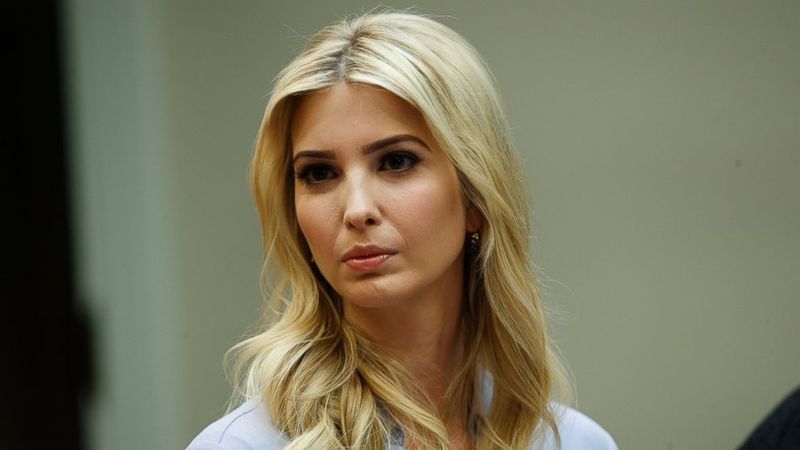
Celebrity culture has created a strange phenomenon where fame doesn’t always equal talent or achievement. Some stars rise to the top of public consciousness despite lacking the skills, contributions, or positive influence that traditionally merited fame. These individuals have mastered the art of staying relevant through controversy, family connections, or simply being in the right place at the right time. Let’s take a look at 18 celebrities who’ve managed to stay in the spotlight despite being famous for all the wrong reasons.
1. Kim Kardashian
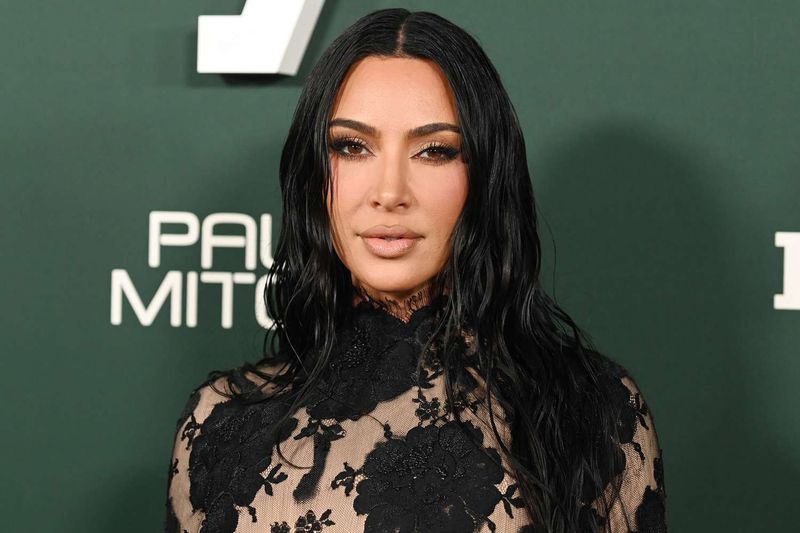
Rising to fame after a leaked private tape, Kim transformed notoriety into a billion-dollar empire. Her calculated approach to fame involves constant self-promotion and turning every aspect of her life into content.
Critics argue her success sends a troubling message that exposure—not talent—is the pathway to success. Despite launching beauty and shapewear brands, her primary contribution remains her ability to monetize her image and family drama.
While she’s recently pursued legal advocacy, many view this as image rehabilitation rather than genuine passion. Kim’s cultural impact stems from marketing herself as a product rather than creating anything of lasting value.
2. Paris Hilton
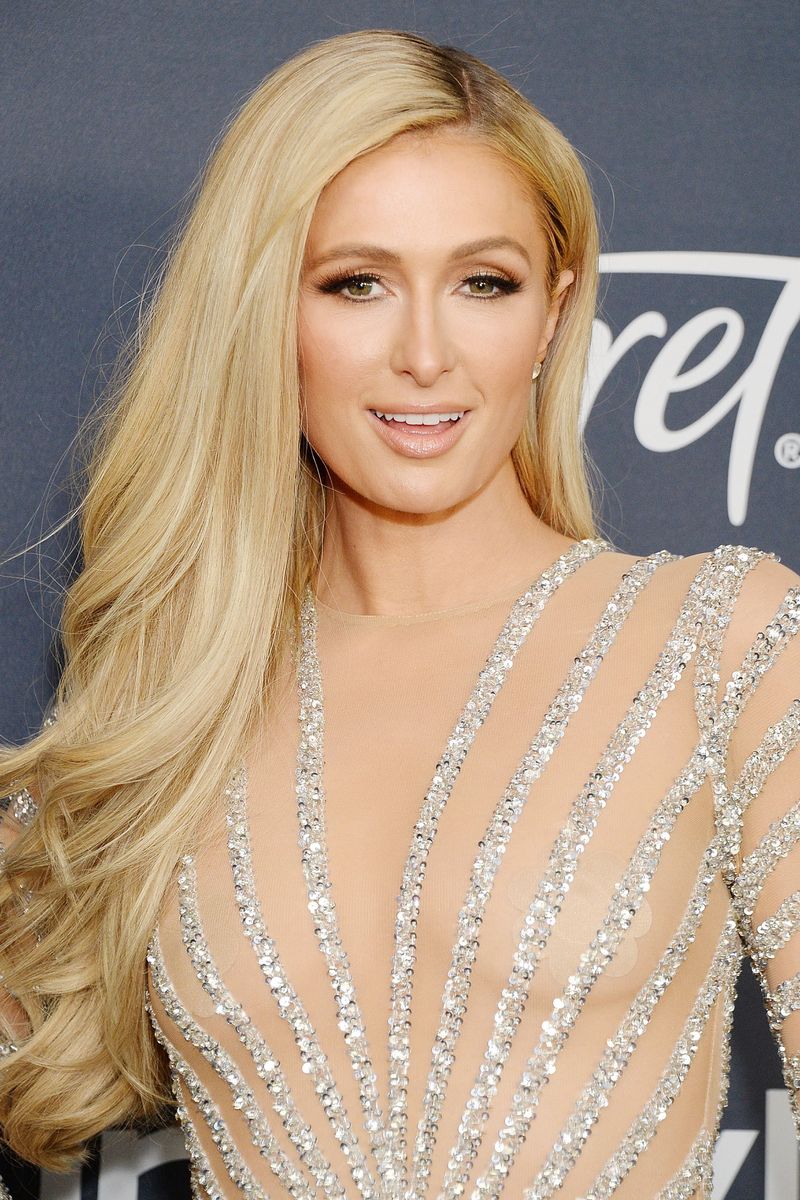
The original famous-for-being-famous celebrity, Paris leveraged her hotel heiress status into reality TV stardom. Her catchphrase “That’s hot” and manufactured persona created the blueprint for influencer culture before social media even existed.
Her fame peaked with “The Simple Life,” showcasing her privileged disconnect from everyday reality. The show’s premise relied on Paris appearing incapable of basic tasks, reinforcing her image as vapid and out-of-touch.
Though she’s reinvented herself as a DJ and entrepreneur, her lasting legacy remains teaching celebrities that bad behavior often leads to increased publicity and opportunities rather than consequences.
3. Kendall Jenner
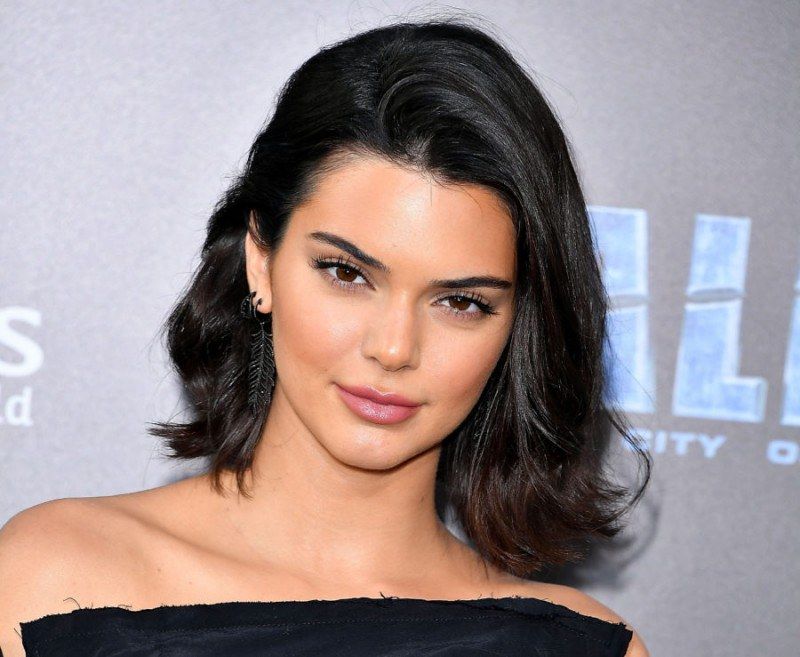
Born into the Kardashian empire, Kendall skipped the typical model struggle and landed elite fashion campaigns through family connections. Traditional models spend years building portfolios before major opportunities, while she leveraged reality TV fame for instant access.
Her modeling career sparked industry backlash, with veterans criticizing her rapid rise as unfair to dedicated professionals. Remember the tone-deaf Pepsi commercial where she seemingly solved social justice issues by handing police a soda?
Fashion insiders note her runway walk lacks technical skill compared to peers who trained for years. Her success represents privilege trumping merit in an industry already criticized for exclusivity.
4. Khloé Kardashian
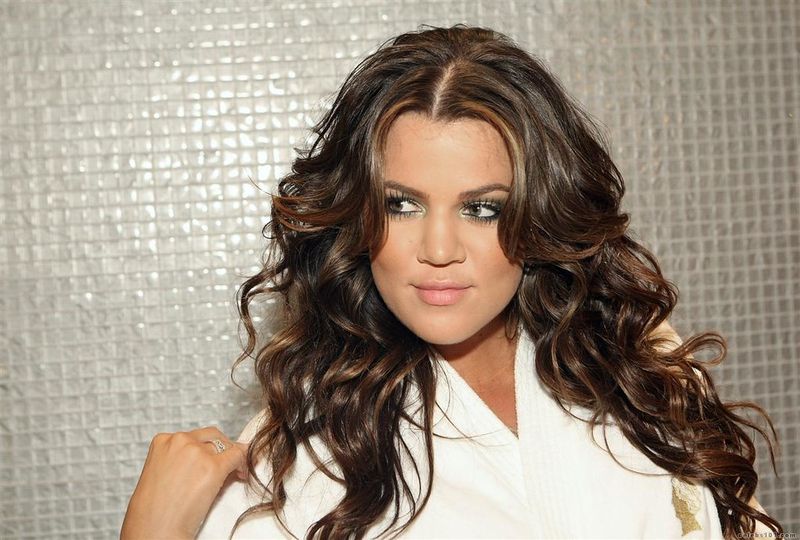
Forever in her sisters’ shadows, Khloé built her brand on being the “relatable” Kardashian while still promoting impossible beauty standards. Her transformation from the family’s self-proclaimed “ugly duckling” to filtered Instagram model showcases celebrity culture’s impossible contradictions.
Her public identity revolves around relationship drama, particularly with basketball player Tristan Thompson. Despite multiple cheating scandals, she maintains this toxic relationship in the public eye, turning personal turmoil into content for their reality show.
Her businesses capitalize on insecurity, selling weight loss products and a clothing line called “Good American” that paradoxically promotes body positivity while she constantly alters her appearance.
5. Kourtney Kardashian
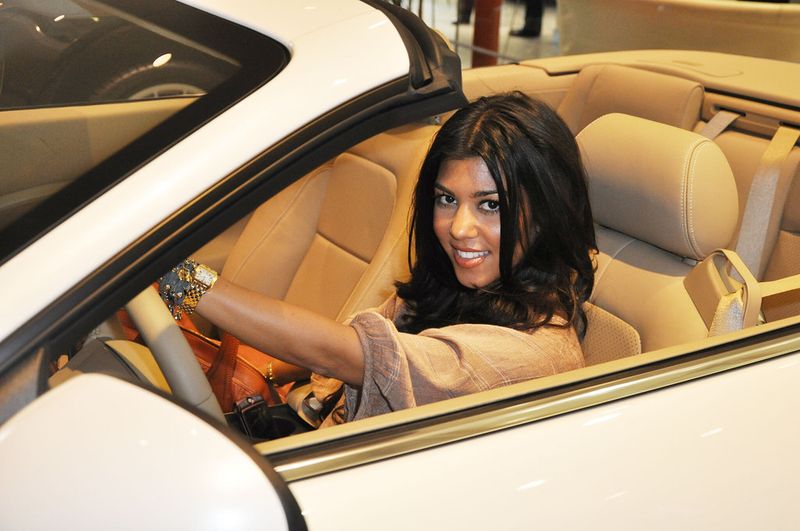
The oldest Kardashian sister famously declared on their show that “working” isn’t her priority, yet continues collecting massive paychecks for documenting her daily life. Her wellness brand Poosh offers dubious health advice while selling overpriced products with questionable benefits.
Her relationship with Travis Barker became a masterclass in uncomfortable public displays of affection that seemed calculated for maximum media coverage. Their wedding turned into a walking advertisement for Dolce & Gabbana, with the entire family essentially becoming billboards for the brand.
Despite positioning herself as the “authentic” sister, her lifestyle remains completely detached from normal reality, promoting extreme privilege as aspirational content.
6. Addison Rae

Dancing mediocrely on TikTok somehow translated to Hollywood opportunities for this social media sensation. Her rise to fame came from simple dance videos that showcased minimal talent yet generated millions of followers seemingly overnight.
Netflix handed her a leading role in “He’s All That” despite no acting experience, resulting in wooden performances that professional actors spend years training to avoid. Her music career launched with the heavily autotuned single “Obsessed” about self-love, while ironically promoting unrealistic beauty standards.
Critics point out how her instant success represents declining standards in entertainment where follower count trumps skill. Her career exemplifies how the modern fame machine values marketability over mastery.
7. Charli D’Amelio
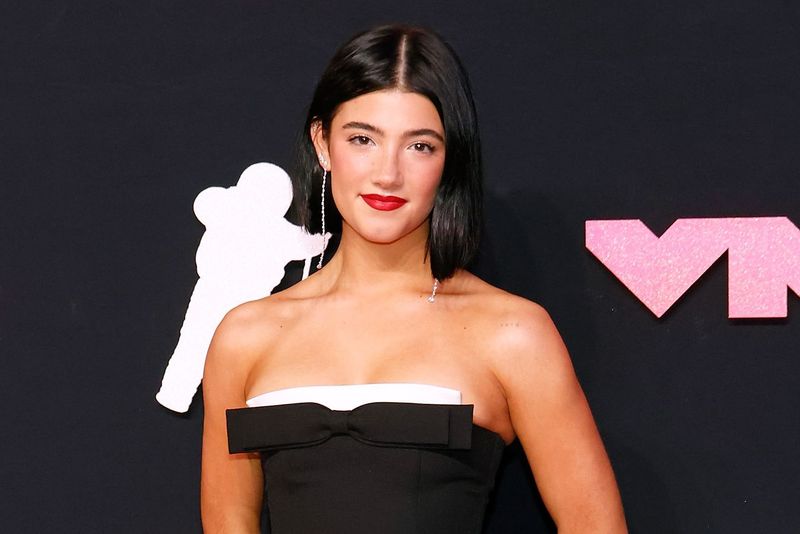
Becoming TikTok’s most-followed creator before turning 18, Charli gained fame performing basic dances that thousands could execute equally well. Her astronomical rise—100 million followers for content requiring minimal creativity—baffles entertainment veterans who spent decades honing their crafts.
Family reality show “The D’Amelio Show” reveals little substance beyond navigating sudden fame. The infamous dinner video where she complained about not reaching 100 million followers quickly enough while making faces about the chef’s food exposed her entitlement.
Major brands pay millions for her endorsements despite her limited influence beyond teen demographics. Her success represents the random nature of modern fame where algorithm luck trumps exceptional talent.
8. Brooke Hogan
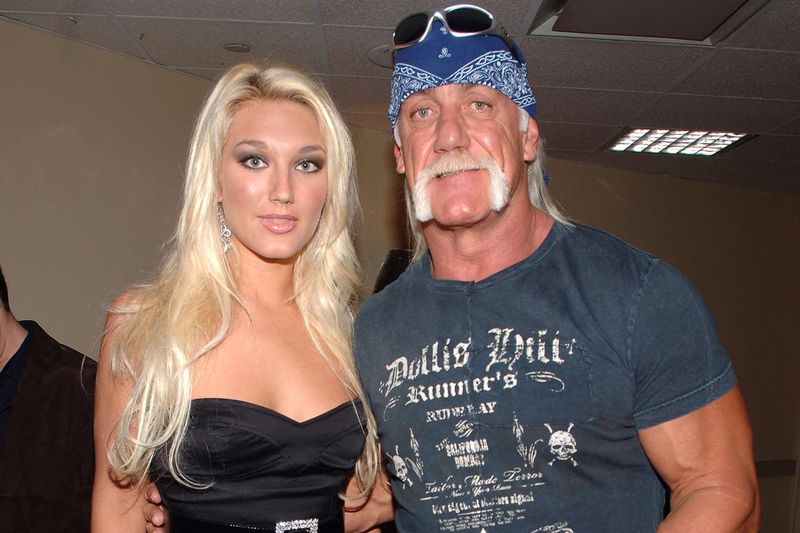
Hulk Hogan’s daughter tried launching a music career despite limited vocal ability, with her song “About Us” showcasing autotuned mediocrity. Reality show “Hogan Knows Best” revealed her primary talent was being born to a famous wrestler.
Her 2006 album “Undiscovered” ironically named considering producers discovered she couldn’t carry a tune without significant technical help. Music critics noted her voice lacked the power, range, and distinction necessary for pop stardom.
After music fizzled, she pivoted between reality TV, modeling, and wrestling appearances—all trading on her father’s name rather than developing independent skills. Her career perfectly illustrates how family connections can substitute for talent in the entertainment industry.
9. Nicole “Snooki” Polizzi
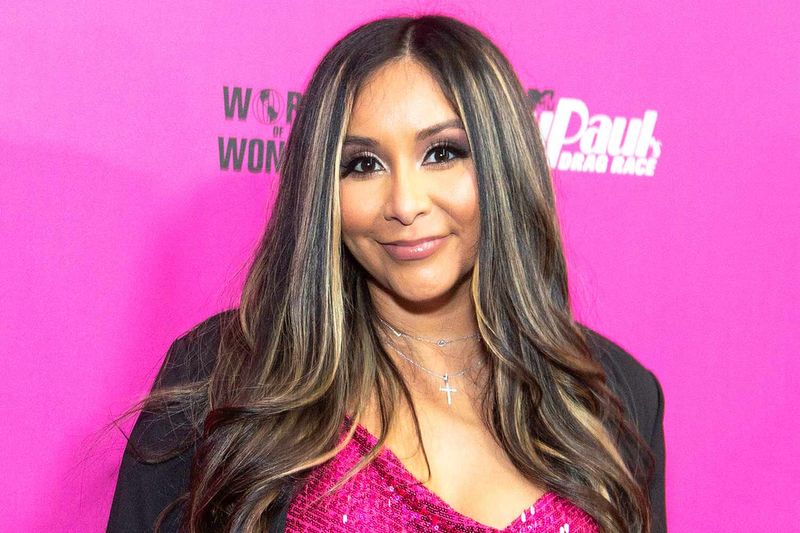
Catapulting to fame through excessive drinking and outrageous behavior on “Jersey Shore,” Snooki built a brand around being the shortest, loudest, and most intoxicated person in the room. Her catchphrase “Where’s the beach?” came from being arrested for public intoxication while stumbling around in daylight.
Despite zero discernible talents, she parlayed her reality notoriety into books she didn’t write, products she didn’t design, and appearance fees for simply showing up places. Her fame normalized the idea that destructive behavior deserves rewards rather than intervention.
Even after attempting to rebrand as a mother and entrepreneur, her public identity remains tied to the caricature of excess she portrayed on television.
10. Heidi Montag
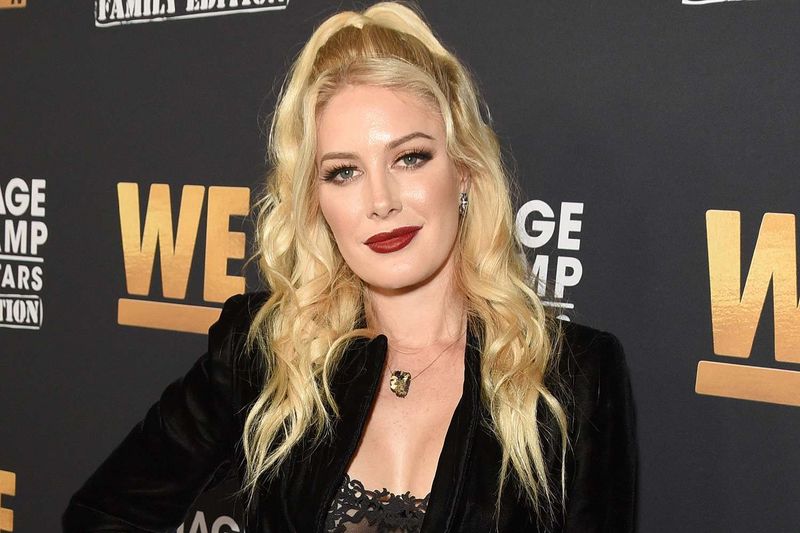
Famous primarily for being Lauren Conrad’s frenemy on “The Hills,” Heidi’s celebrity status came from manufactured drama rather than any particular skill. Her relationship with Spencer Pratt became a blueprint for couples seeking fame through controversy and staged paparazzi photos.
Her music career crashed spectacularly after reportedly spending $2 million on a failed album that sold fewer than 1,000 copies in its first week. The infamous plastic surgery marathon where she underwent ten procedures in one day represented her desperate attempt to maintain relevance.
After blowing through a reported $10 million fortune, she admitted their villainous personas were calculated for fame, revealing how reality TV rewards those willing to sacrifice dignity for attention.
11. Spencer Pratt
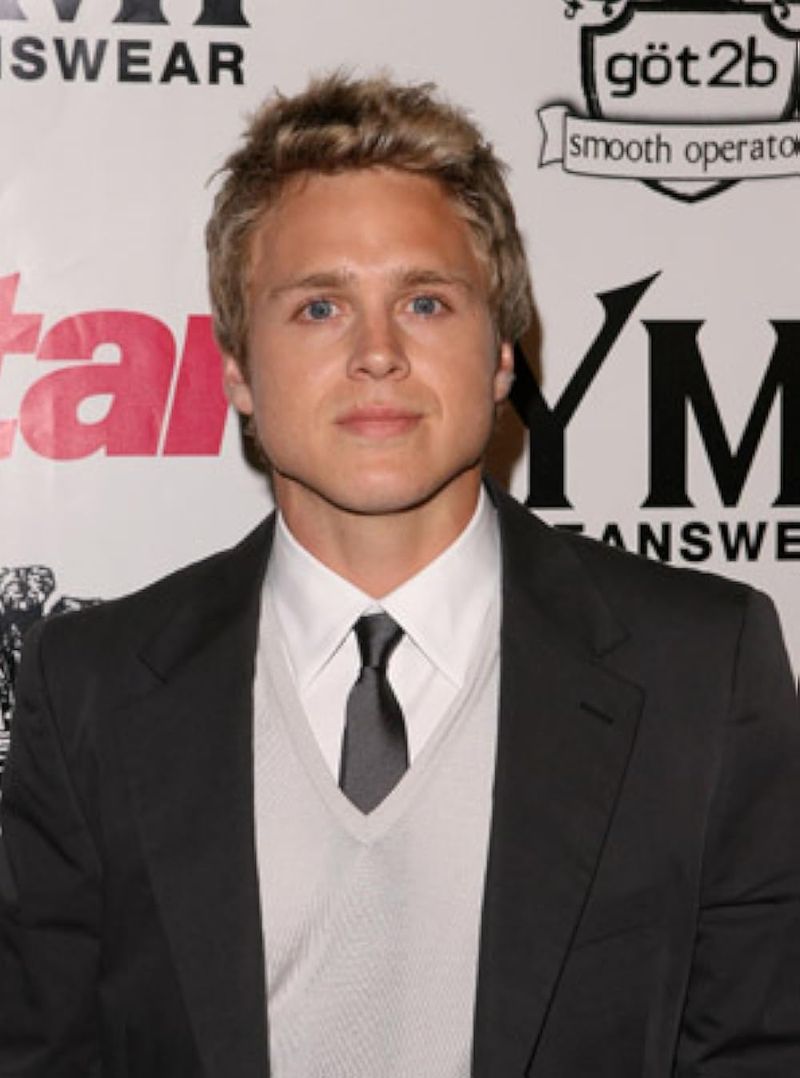
The self-proclaimed villain of reality TV, Spencer built his entire career around being unlikable on “The Hills.” His fame playbook involved starting rumors about castmates, staging paparazzi photos, and creating artificial conflicts to ensure camera time.
After reality fame faded, he became obsessed with crystal healing and social media, constantly seeking ways to remain relevant without developing actual skills. His admission that they played characters for fame exposed the manufactured nature of reality television.
Despite brief financial success, he and wife Heidi squandered millions on luxury purchases trying to maintain appearances. His legacy remains teaching future fame-seekers that bad behavior gets rewarded with attention—the currency of modern celebrity.
12. Blac Chyna
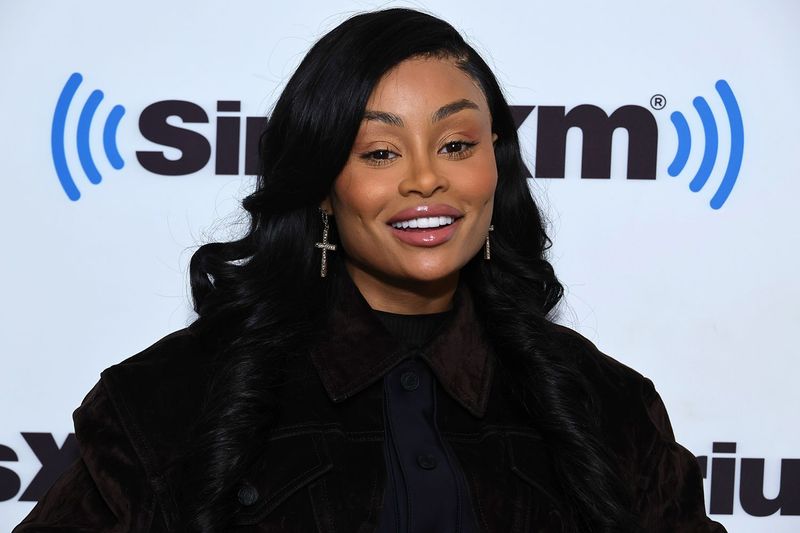
Gaining popularity through her relationships with prominent rappers and a growing social media presence, Chyna’s fame is more about strategic partnerships than personal success. Her relationship with Rob Kardashian seemed designed to connect her with a well-known family and a reality TV platform.
The makeup line and boutique she launched capitalize solely on her controversial image rather than quality products. Her public feuds, particularly with the Kardashians, generate headlines while revealing little substance beyond attention-seeking behavior.
Court documents from custody battles expose concerning behavior that contrasts with her carefully curated social media presence. Her fame represents celebrity culture’s reward system for controversy over contribution.
13. Danielle Bregoli (Bhad Bhabie)
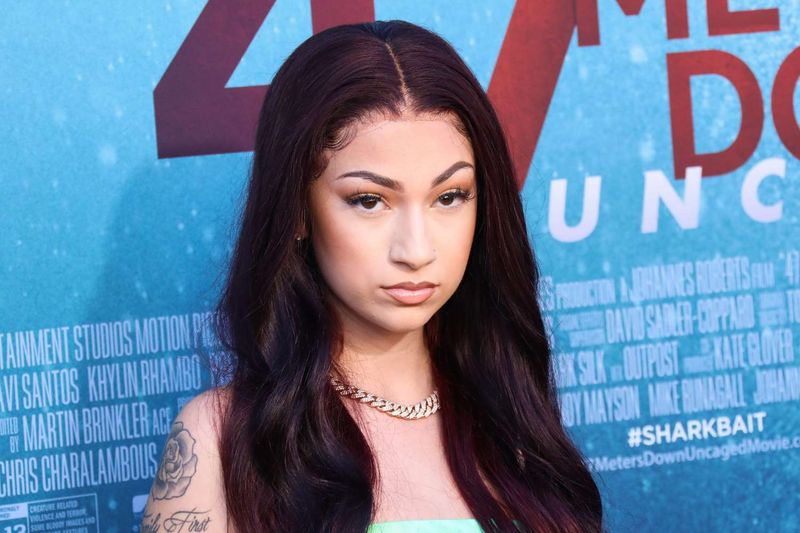
Launching to fame with the phrase “Cash me outside, how ’bout dat?” during a Dr. Phil appearance about troubled teens, Danielle built a career from mockery of her behavior. Her transformation from therapy-resistant teen to millionaire rapper rewards exactly the disrespectful conduct the show intended to correct.
Her music career benefits from novelty rather than skill, with producers and ghostwriters creating her sound. The moment she turned 18, she joined OnlyFans and reportedly made $1 million in just six hours, sending troubling messages about female value.
Media companies profited from her childhood behavioral issues while claiming to help her. Her success story unfortunately teaches young people that bad behavior can be more lucrative than hard work.
14. Tana Mongeau
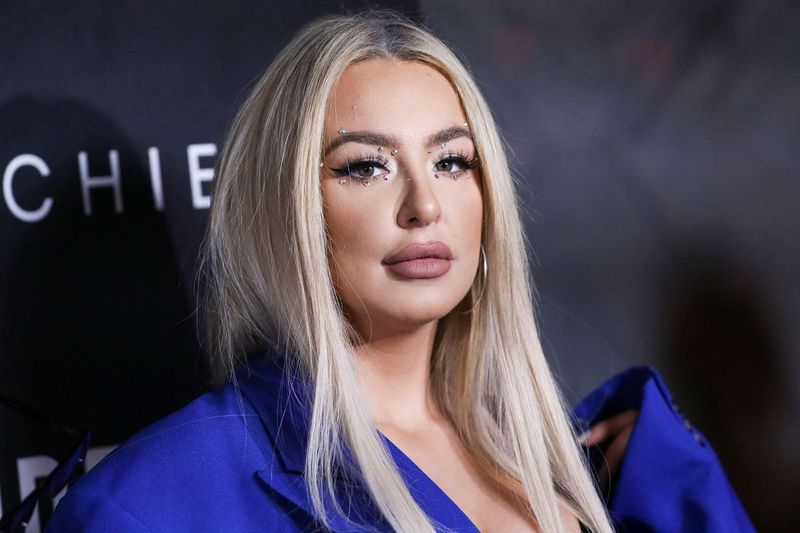
Building a YouTube career on exaggerated storytelling and manufactured drama, Tana’s content revolves around chaotic behavior rather than creativity or skill. Her “Tanacon” disaster left thousands of fans stranded in dangerous heat after she failed to properly organize an event she promoted as revenge against VidCon.
Her fake marriage to Jake Paul generated headlines while exposing influencer culture’s tendency toward performative relationships for views. She openly admits to fabricating content and controversies to maintain relevance in an oversaturated market.
Despite multiple racist controversies and problematic behavior, she continues receiving brand deals and opportunities. Her career exemplifies how modern fame rewards engagement metrics over ethical conduct.
15. Jake Paul
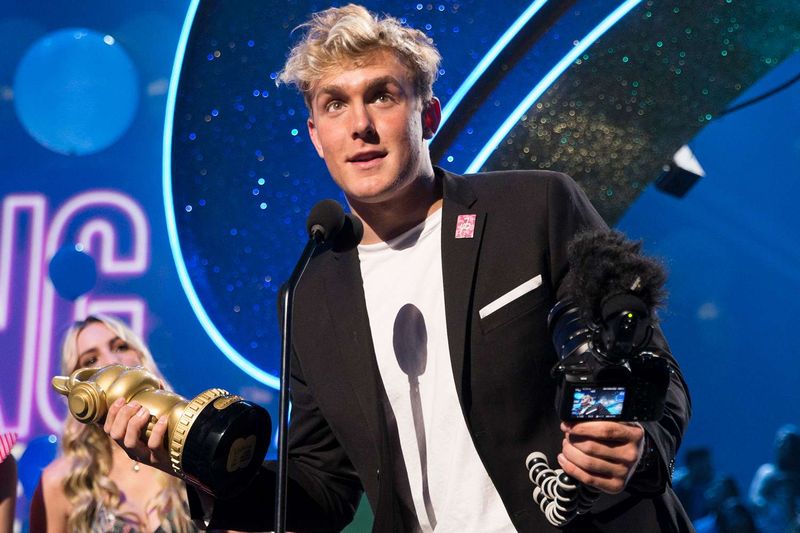
Once a Disney Channel actor, Jake reinvented himself as a professional provocateur, known for reckless stunts and engineered drama. His behavior made his Los Angeles neighborhood chaotic, with wild parties, dangerous pranks, and constant fan disturbances upsetting local residents.
His boxing career against non-boxers allows him to claim athletic accomplishments while avoiding legitimate competitors. FBI raids on his home related to looting allegations raised serious questions about his behavior beyond typical influencer antics.
Multiple serious allegations from former collaborators describe a pattern of bullying and manipulation behind his carefully crafted bad-boy image. His success teaches young fans that destruction and disrespect lead to wealth and fame.
16. Logan Paul
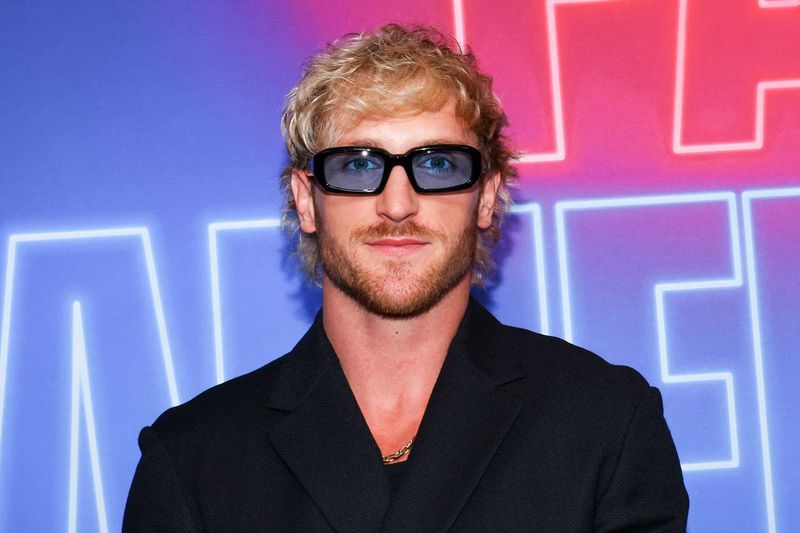
Forever tainted by filming a suicide victim in Japan’s Aokigahara Forest, Logan’s attempt to rebrand can’t erase his willingness to exploit tragedy for views. His apology tour seemed calculated for image rehabilitation rather than genuine remorse.
His boxing matches against celebrities and aging fighters allow him to claim athletic credentials while avoiding legitimate competition. The cryptocurrency and NFT projects he promotes to young fans have faced serious accusations of being pump-and-dump schemes.
Despite causing international incidents and numerous controversies, he continues receiving platform opportunities and sponsorships. His career trajectory shows how the modern attention economy often forgives harmful behavior when engagement metrics remain strong.
17. Madison Beer
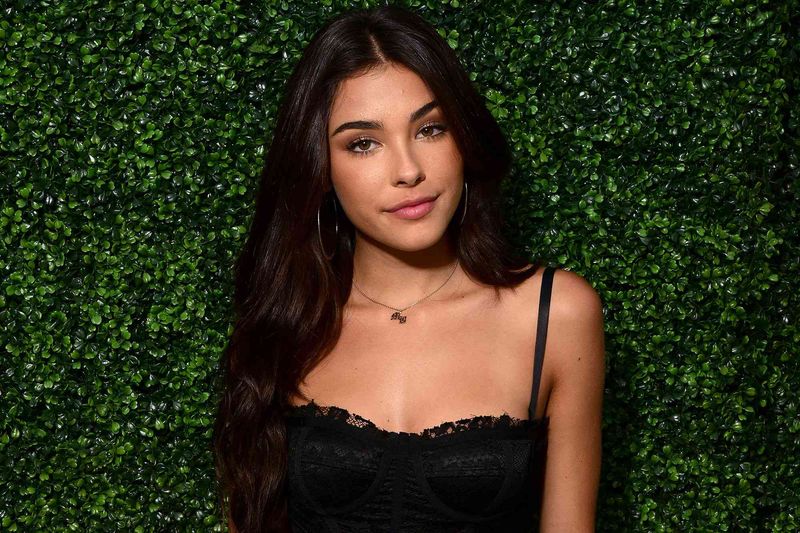
Gaining initial attention through Justin Bieber’s tweet about her YouTube cover, Madison’s career benefits more from her appearance and connections than musical distinction. Her modeling opportunities and social media following overshadow her musical output, revealing skewed priorities in modern fame.
Accusations of purchasing fake streams and engagement plague her music career, raising questions about her actual popularity versus manufactured metrics. Despite claiming to be self-made, her career relied heavily on celebrity endorsements and industry connections.
Plastic surgery denial despite visible changes sends harmful messages to young followers about beauty standards and authenticity. Her fame demonstrates how conventional attractiveness and social connections often matter more than exceptional talent in the music industry.
18. Ivanka Trump
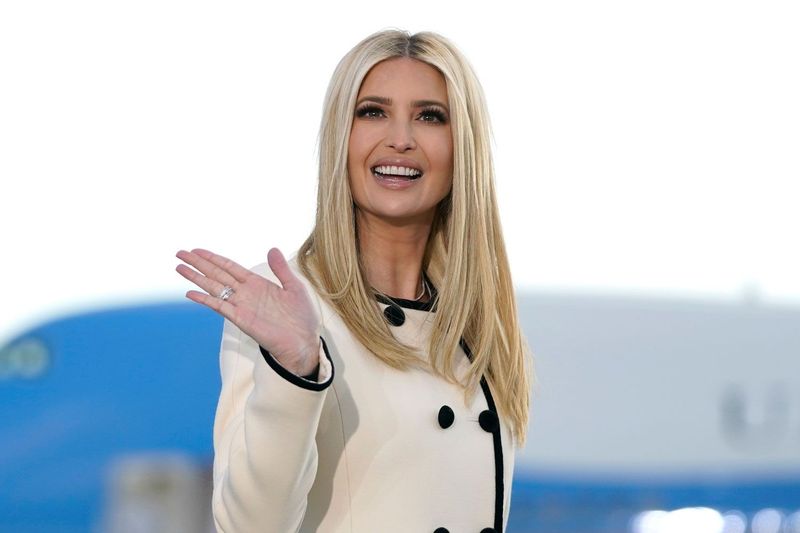
While Ivanka promotes herself as a feminist entrepreneur, much of her success stems from nepotism. Her fashion brand, produced in factories abroad with poor working conditions, raises questions about the consistency of her empowerment rhetoric.
Receiving unearned White House positions despite zero policy experience raised serious ethical concerns. Her carefully crafted image as the reasonable Trump family member contrasted with her silence during harmful policies and her defense of problematic statements.
Documents show her businesses received special treatment from foreign governments during her White House tenure. Her fame exemplifies how wealth and connections can create the appearance of accomplishment without substantive achievement.

Comments
Loading…